Scott Morrison’s political exit renews call for sweeping overhaul to lobbying rules
Scott Morrison’s exit to join a firm linked to AUKUS has raised eyebrows and renewed calls for tougher lobbying rules.
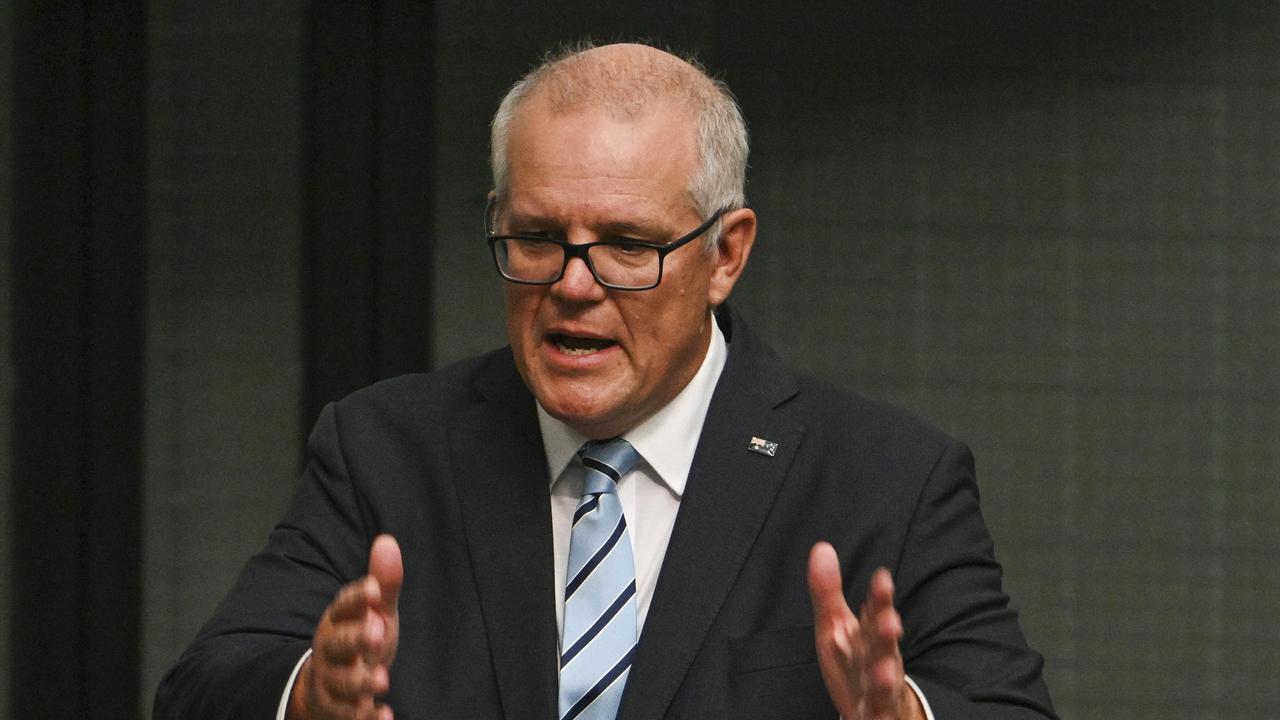
Scott Morrison’s departure has renewed calls for sweeping reforms to the rules that govern post-political life.
The former prime minister looked far and wide for a new job, ultimately joining AUKUS-linked DYNE Maritime as a strategic adviser alongside former secretary of state and ex-CIA director Mike Pompeo.
He’ll also join corporate advisory firm American Global Strategies as a non-executive director.
While Mr Morrison has insisted he won’t “do lobbying”, his exit this week sparked fresh concern about politicians using knowledge gained in office for post-parliament gain.
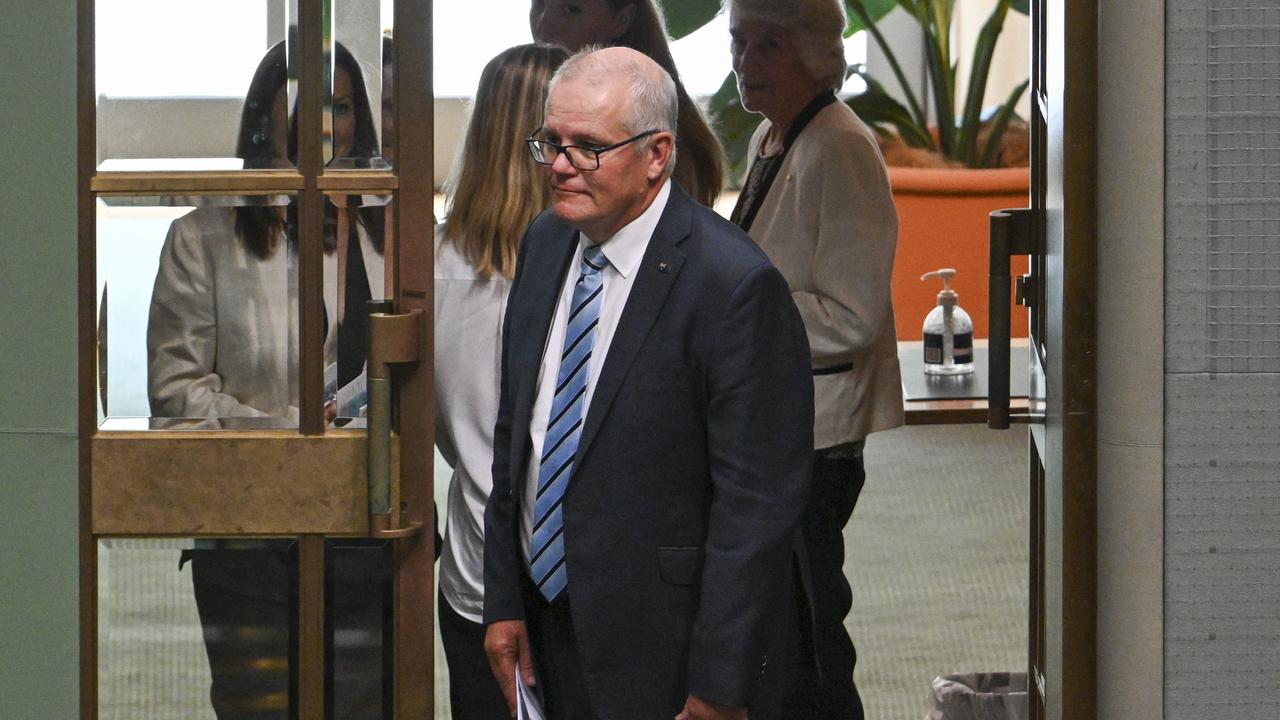
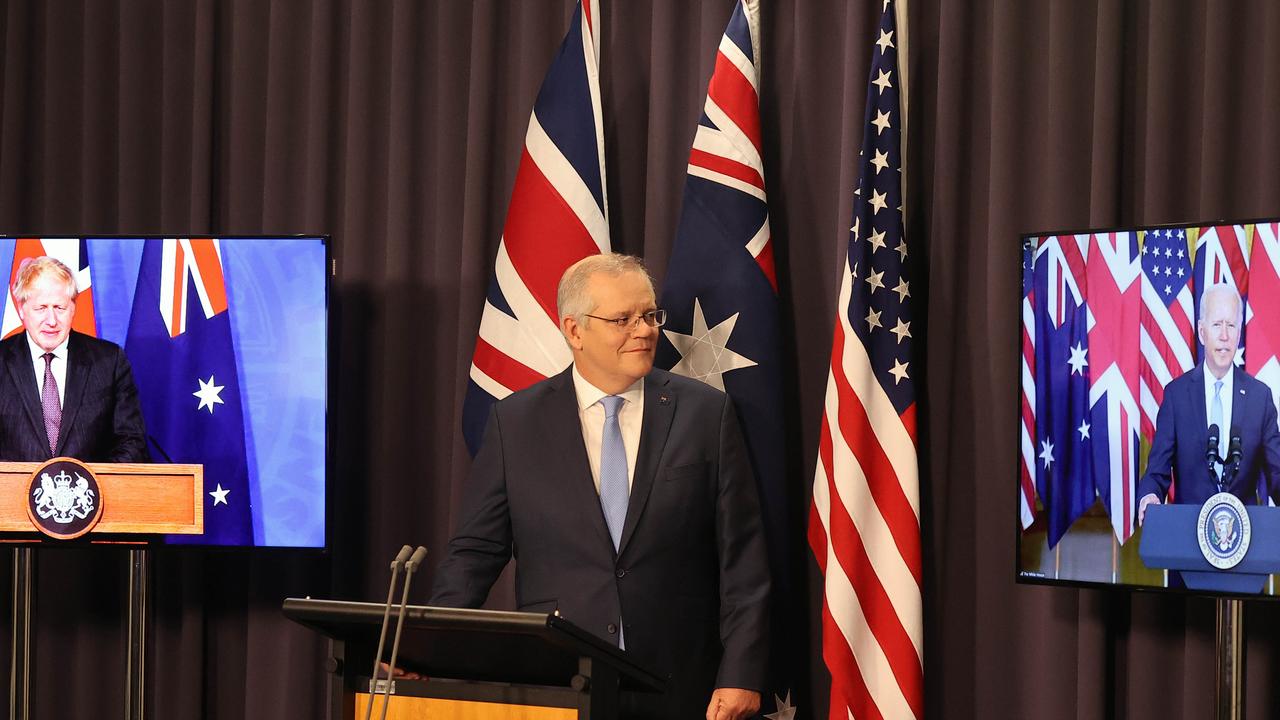
“Scott Morrison signed Australia up to AUKUS, one of the most costly decisions in this country’s history, and now he is marching out of parliament and straight into a corporate job that is fuelled by money from AUKUS,” Greens defence spokesman David Shoebridge said.
“No one should be allowed to cruise on the backbench, running the time down on the pathetic 18-month ministerial pause on working for industries they regulated, all the while lining up jobs with those very industries.”
The ministerial code of conduct and the lobbying code of conduct require that former ministers serve an 18-month cooling-off period before lobbying on issues related to their former portfolio.
But the code did little to prevent the “revolving door” of politicians going back and forth between working in the commercial sector and working in government, the University of Melbourne’s Jennifer Lacy-Nichols said.
“The big risk in Australia is we have an incredibly narrow definition of lobbying and lobbyists,” the research fellow told NCA NewsWire.
She said the same concerns that applied to Mr Morrison also applied to former treasurer Josh Frydenberg, who took up a job at investment banking firm Goldman Sachs after he was dumped in 2022.
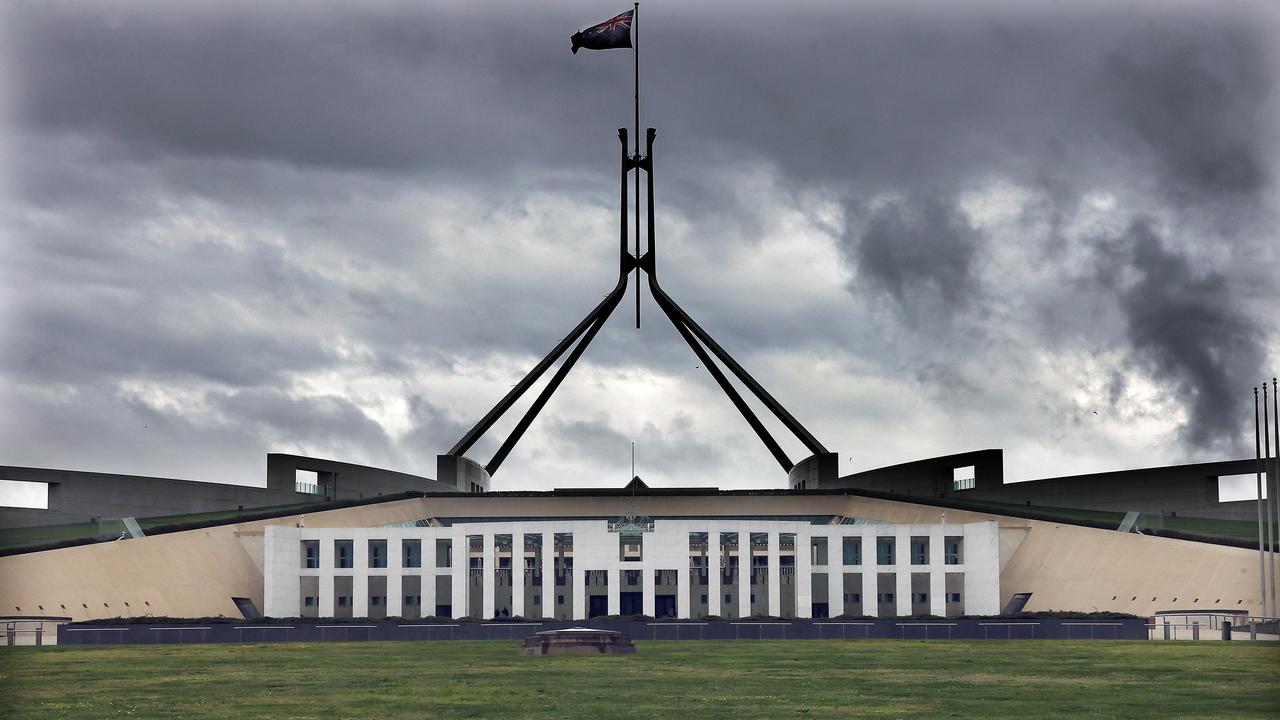
“The way the regulation is currently designed is weak and it leaves all sorts of holes,” Dr Lacy-Nicols said.
It’s not much better at a state level either, Dr Lacy-Nicols said, pointing to Canada with its five-year cooling off period as the “gold standard”.
Last year, independent Monique Ryan introduced legislation to parliament that would force ministers and senior public servants to wait three years before they could take up work as a lobbyist in the same portfolio.
It would also extend the existing lobbyist register to cover more people and establish financial penalties on those who broke the rules.
Under the proposal, Mr Morrison would not have been able to take up his new position so soon.
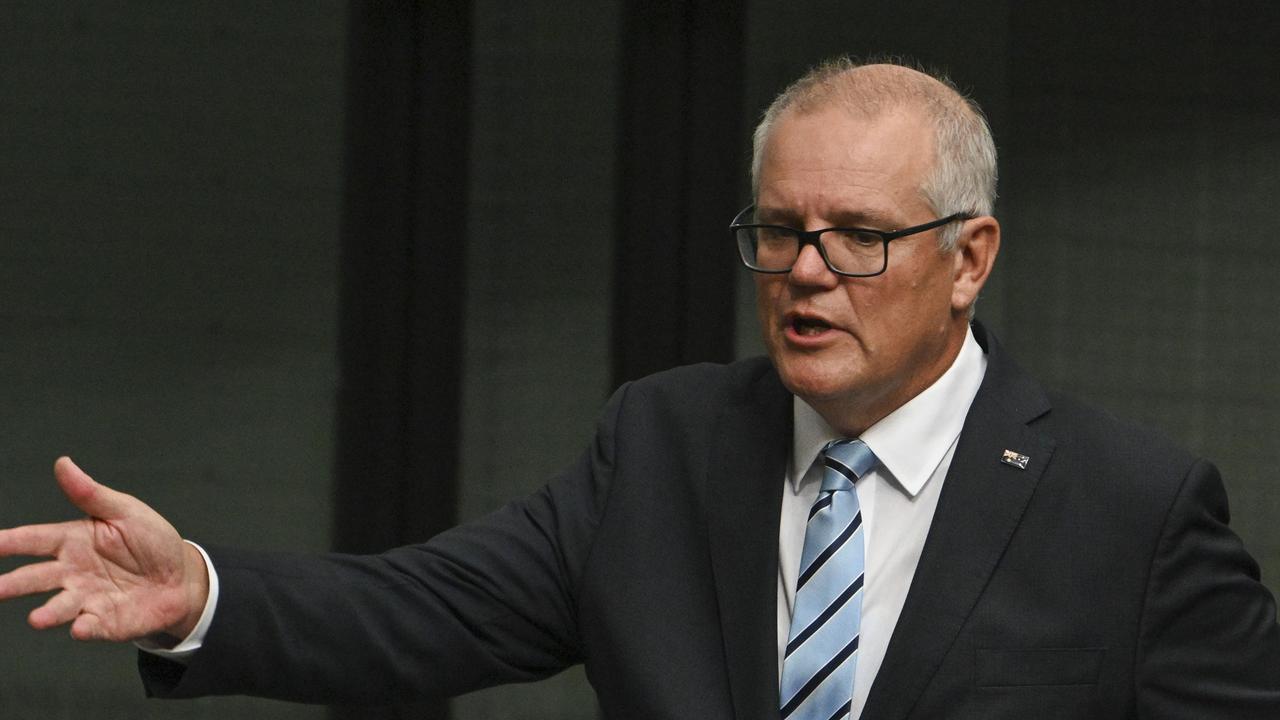
“Thousands of well-resourced lobbyists roam the halls in Canberra, secretly meeting with ministers to influence government policies so they favour vested interests, not the public interest,” Ms Ryan said.
“We saw a large uptick in signatories to my Clean Up Politics Act petition – almost 10,000 people have now signed it – following the news Scott Morrison was taking a job as a lobbyist so soon after being prime minister.
“People are sick of it.”
But the legislation has languished since Ms Ryan introduced it, with the government unwilling to bring it on for debate.
“The reality is that the major parties won’t act to improve trust in politics unless we force them to,” the independent added.





